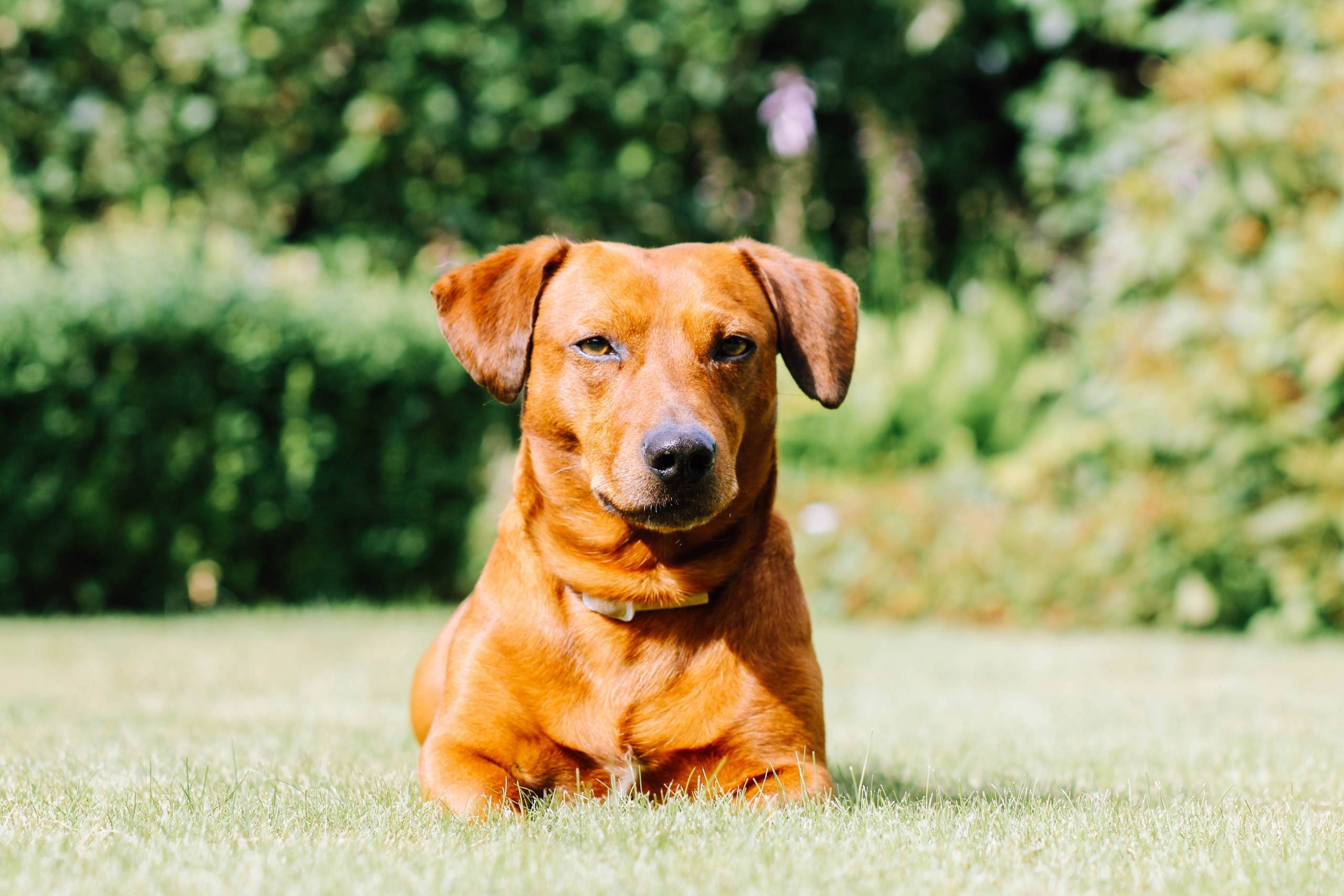
Understanding the Urge to Eat Dirt
Dogs are known for their curious and sometimes puzzling behaviors. Among these is the tendency to eat dirt, which can leave pet owners scratching their heads. Some dogs simply enjoy the taste or texture of dirt, while others may do it out of boredom. Sometimes, dogs eat dirt as a way to alleviate an upset stomach or to fulfill a nutritional deficiency. It’s essential to recognize that this behavior might signal an underlying issue, so it’s worth exploring further.
Addressing Nutritional Deficiencies
Believe it or not, a dog eating dirt could be a sign of a nutritional deficiency. When a dog’s diet lacks certain essential nutrients, they may seek out alternative sources to fulfill their needs. In some cases, this leads them to eat dirt as they instinctively try to find the nutrients they’re missing. If you suspect that your dog’s dirt-eating behavior is related to their diet, consider consulting with your veterinarian to ensure that your pet is receiving the necessary nutrients for their overall well-being.
Managing Upset Stomachs
Another reason why your dog might eat dirt is to soothe an upset stomach. Much like humans, dogs may turn to natural remedies when they’re not feeling their best. Ingesting small amounts of dirt might help them alleviate discomfort or nausea. While occasional dirt consumption might not be cause for alarm, frequent or excessive dirt-eating could indicate an underlying digestive issue. If you notice this behavior persisting, it’s crucial to seek guidance from a veterinary professional to rule out any potential health concerns.
Behavioral and Environmental Factors
Beyond physical reasons, behavioral and environmental factors can also contribute to a dog’s dirt-eating habit. Dogs, especially those left alone for long periods, may resort to eating dirt as a form of entertainment or out of sheer boredom. Additionally, dogs that lack mental and physical stimulation may engage in unusual behaviors, including eating dirt, as a way to occupy themselves. It’s important to ensure that your dog receives ample exercise, mental stimulation, and attention to prevent boredom-related behaviors.
Potential Health Risks
While occasional dirt consumption might not pose an immediate threat to your dog’s health, there are potential risks associated with this behavior. Dogs ingesting contaminated dirt may be exposed to parasites, bacteria, or toxins, which can lead to gastrointestinal issues or other health complications. To safeguard your pet’s well-being, it’s crucial to monitor their behavior closely and take preventative measures to discourage dirt-eating.
If you find your dog munching on dirt, it’s essential to approach the situation with understanding and consideration. By recognizing potential reasons behind this behavior, you can take proactive steps to address any underlying issues and ensure your pet’s health and happiness. Keep a close eye on your furry companion, maintain a balanced diet, provide ample mental and physical stimulation, and consult with a veterinarian if you have concerns about your dog’s dirt-eating habits. Remember, your dog’s well-being is a top priority, and a little extra care can go a long way in ensuring their overall health and happiness.
[/fusion_text]



